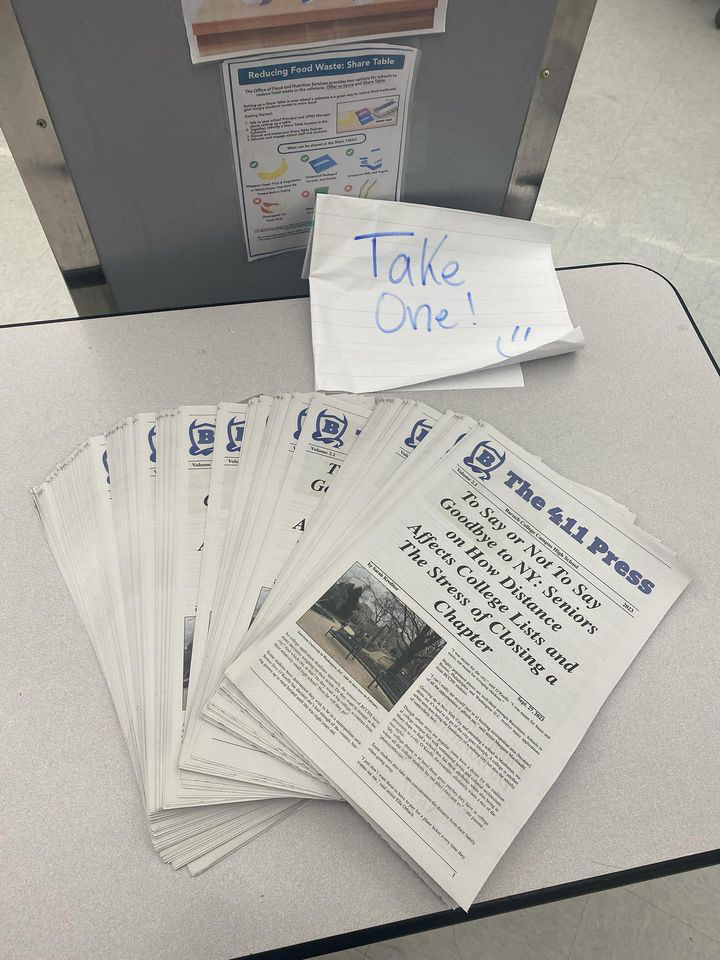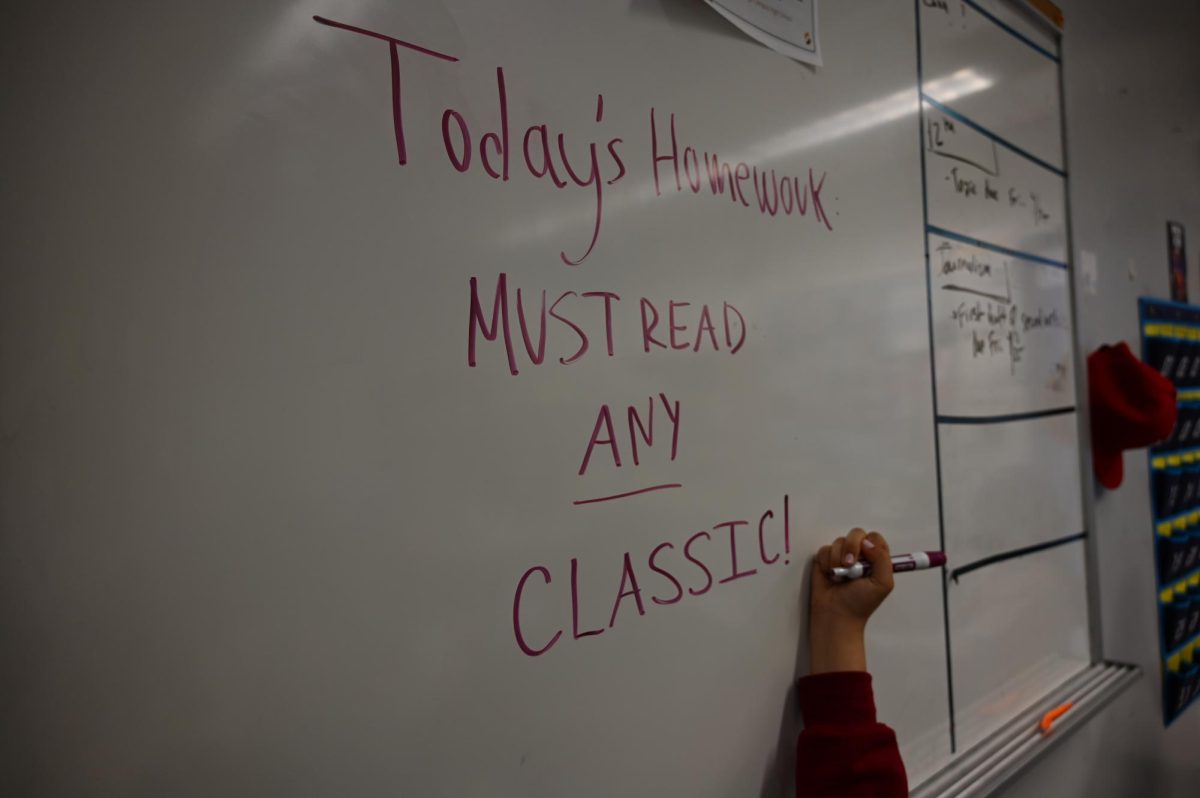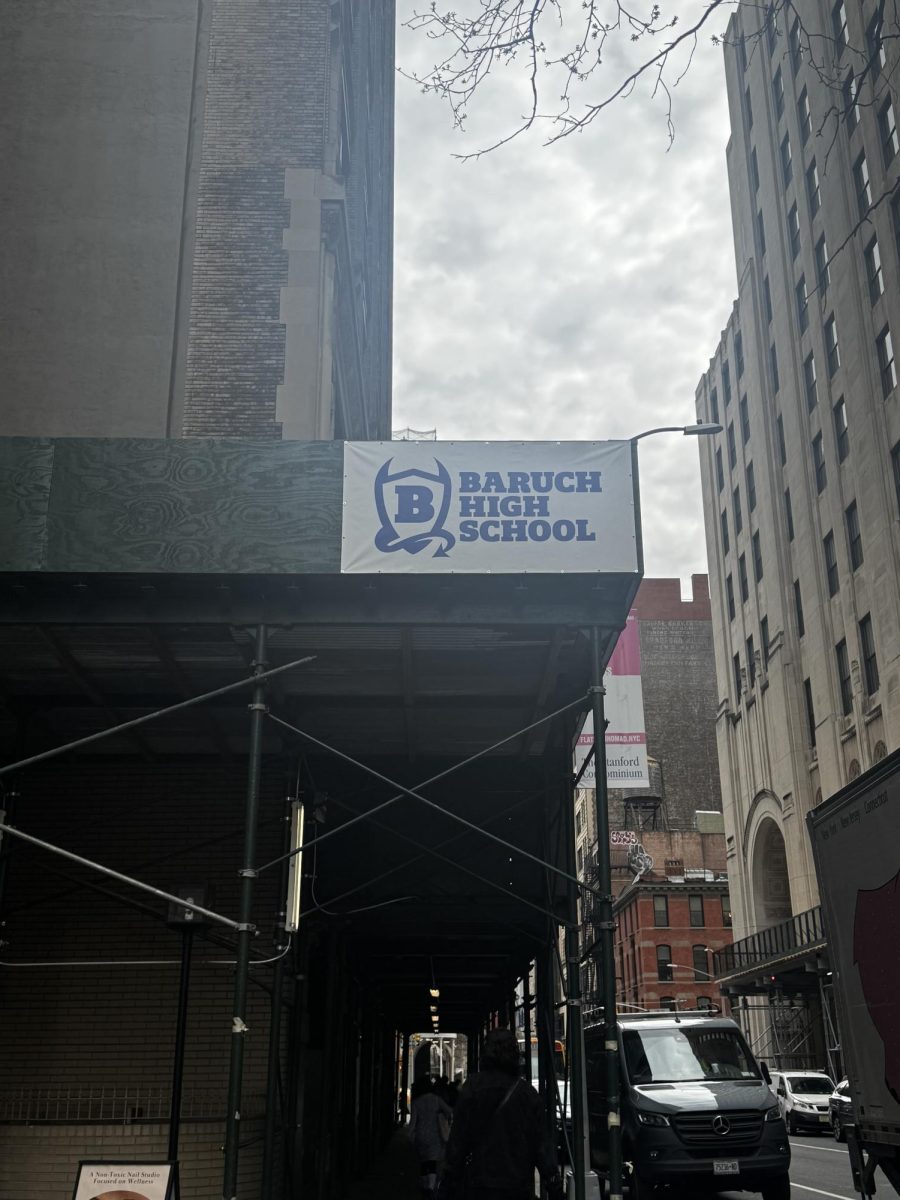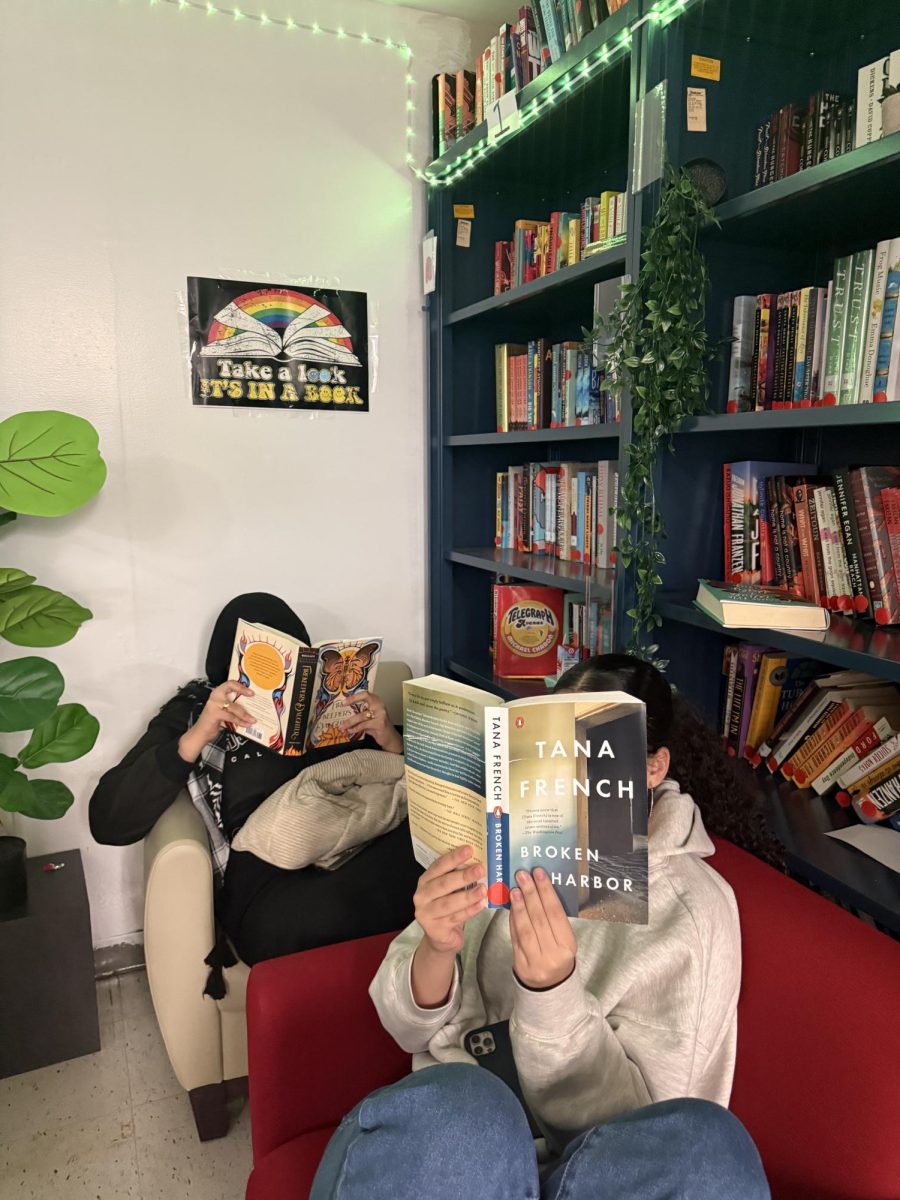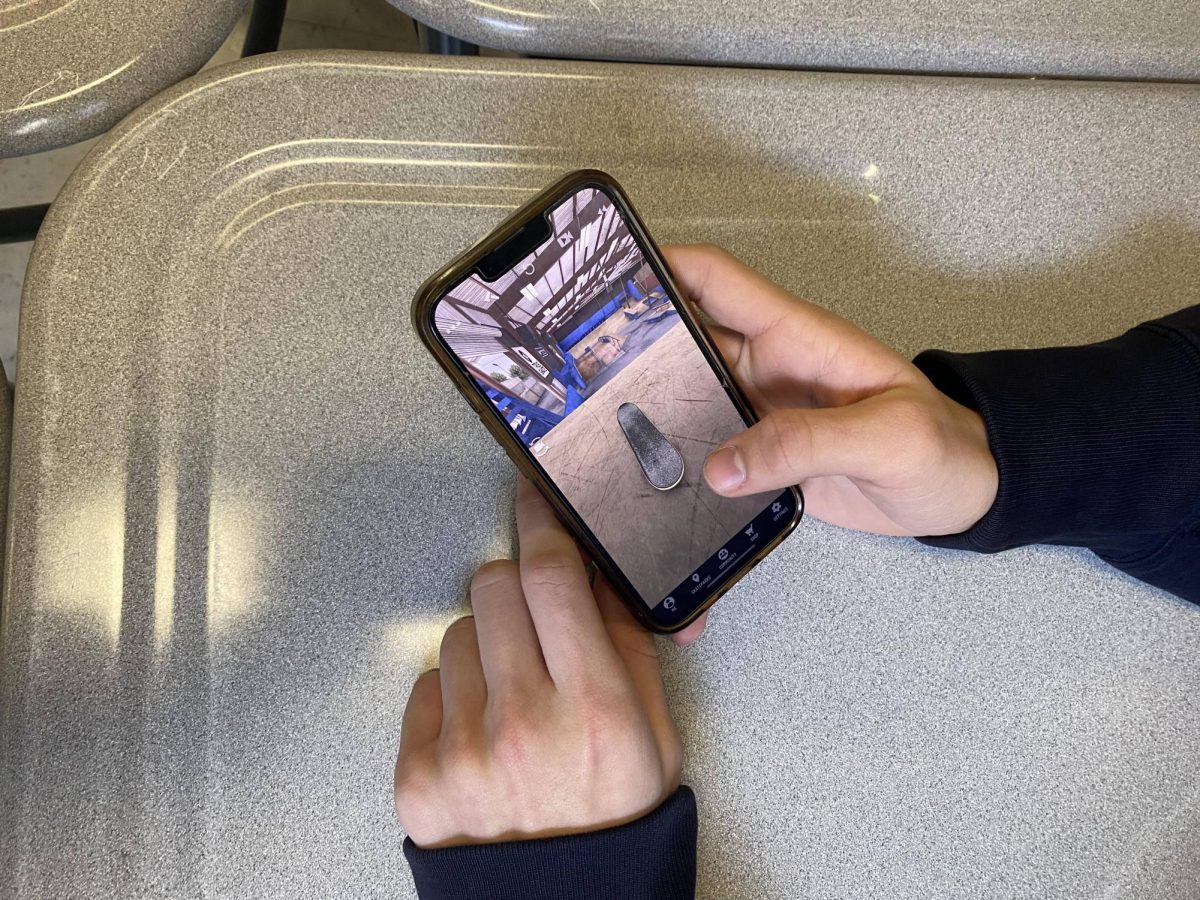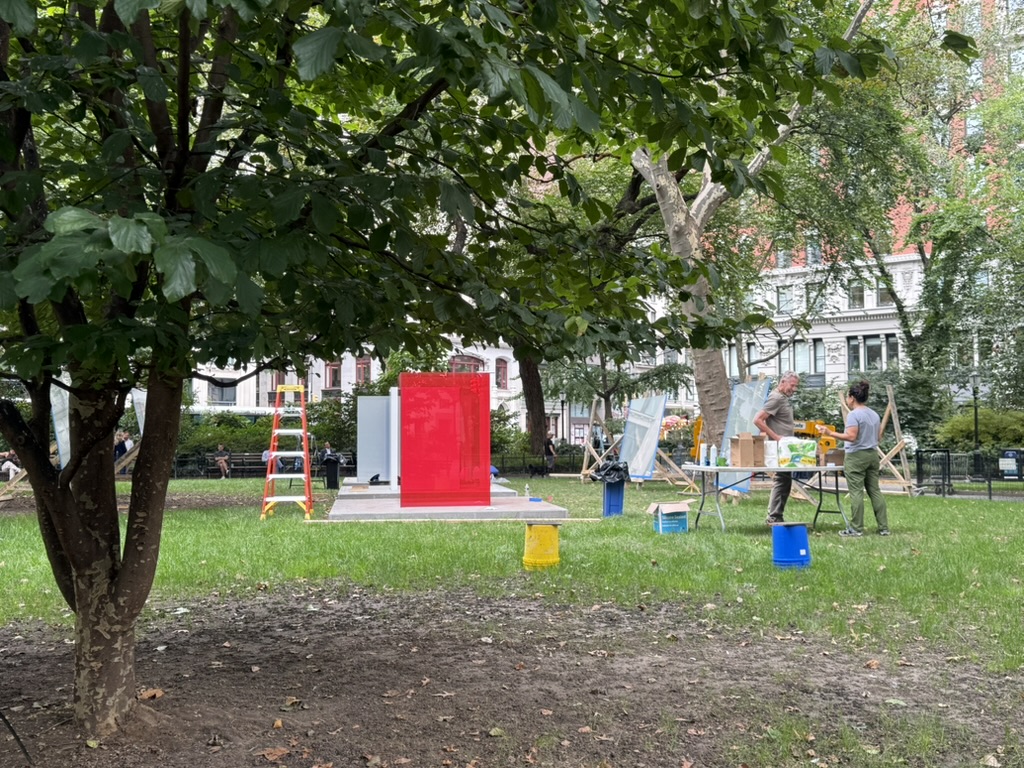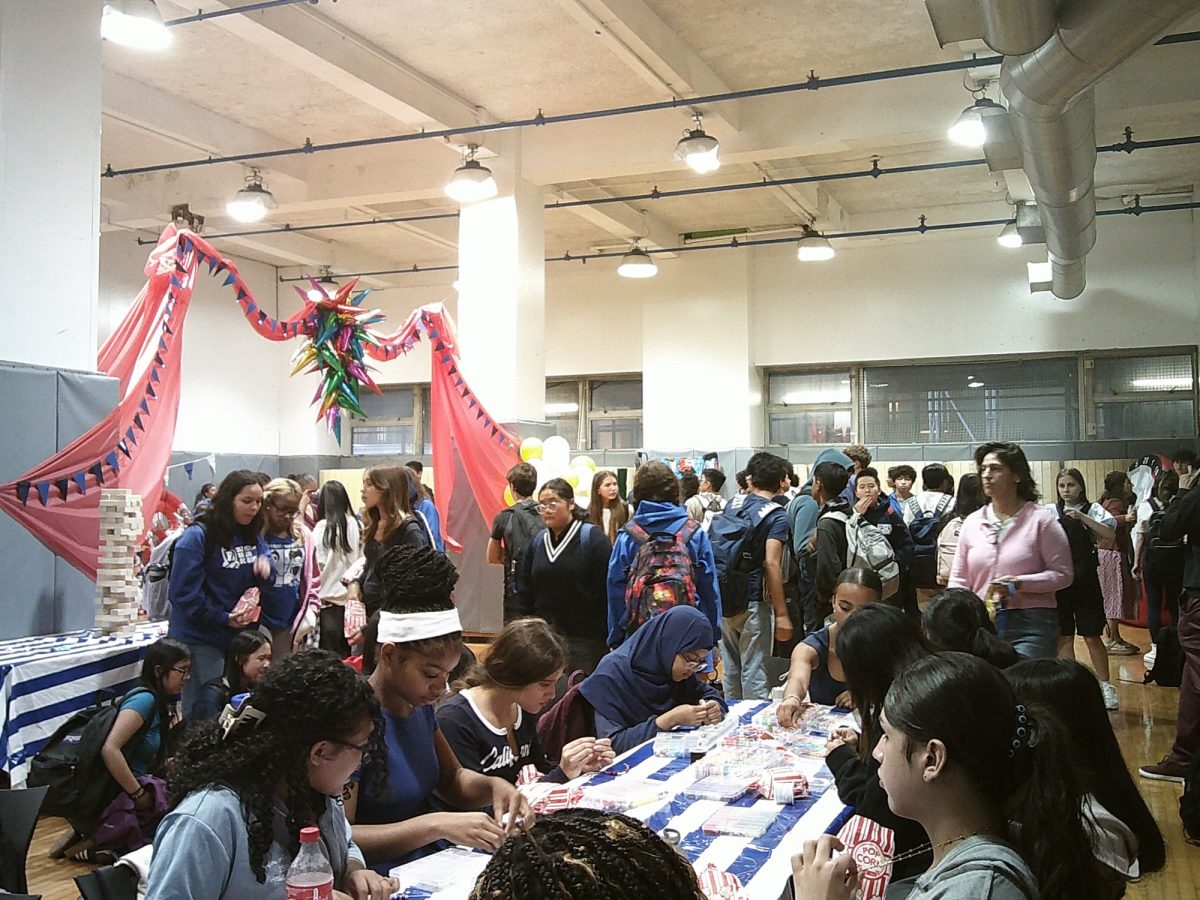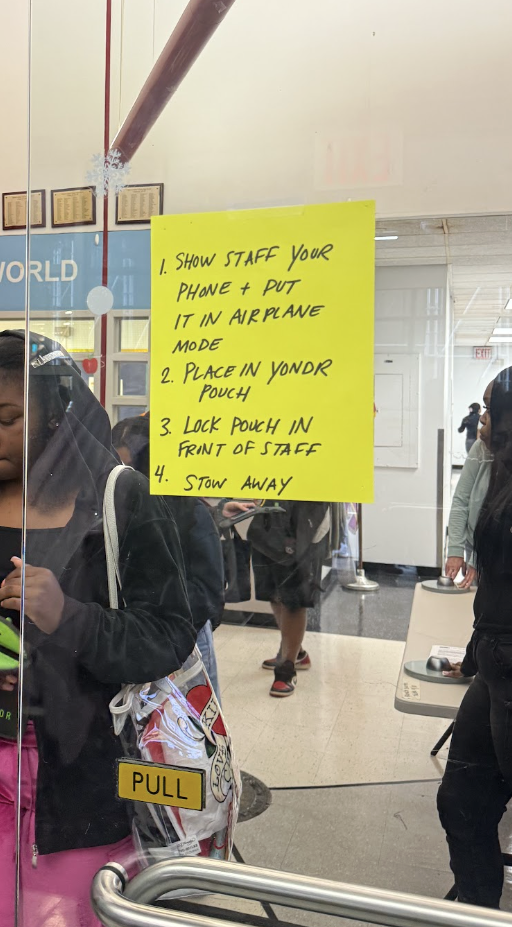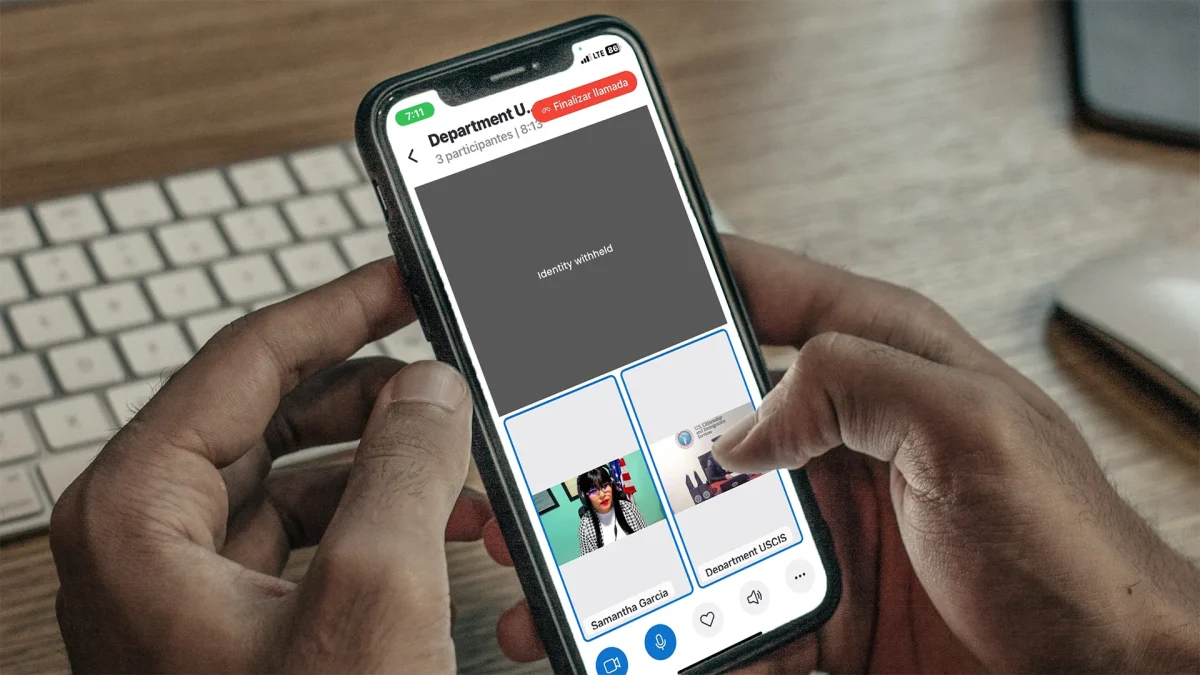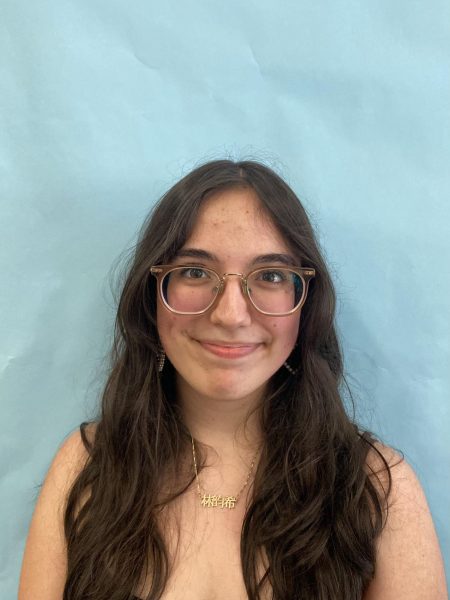When classes are done for the day, one may walk through the halls and come across a room of working student journalists–they’re in 310 discussing their stories, typing away at their current works, conversing with editors as they implement their recommendations. You may see John Downes-Angus, the advisor, circle around the room, asking kids questions.
Their presence is newsworthy, given this scenario might not even occur in most schools. According to a study conducted by professor Geanne Belton of Baruch College, 73% of high schools in New York do not have newspapers. This means only 23% of high schools in the biggest education system within America have newspapers.
That is astounding and it is a problem.
The Benefits of Journalism
Journalism programs have benefits in varying forms: improving writing skills, giving students an outlet for activism and fostering a sense of community are some of them. These are all things I have learned in my time with The 411 Press.
The kind of writing you learn in journalism is quite different to the essays you write for your English teacher. The so-called “paragraphs” you know become “grafs”; lengthy blocks of text are not advised. Also, students in Baruch College Campus High School’s program learn a concept known as AP Style; it is imperative that they emulate these guidelines when writing – which will improve their writing skills.
Usually, writing assignments are for teachers to read only. However, journalism teaches students to write for an audience, specifically their peers, which allows for more flexibility in ideas. In addition to this, writing for an audience beyond the teacher allows the development of critical thinking skills given they must select the proper writing devices to appeal to their audience.
Students can use opinion pieces to share thoughts with classmates about ongoing events. For example, Julia Der–one of our new writers–wrote an advice article about how students can juggle athletics and academics, which handles an issue she knows, given she is a student athlete herself. Though the piece is marked as “Opinion,” it also addresses an important concern among student athletes – time management.
Journalistic writing allows students to see a new perspective of the world and to help report on matters that need more exposure. When given the opportunity to give a voice to the struggling side, journalism quickly becomes an outlet for activism. Free press is what drives a free society, therefore students should be able to report on pressing issues they feel passionately about.
With this generation, advocacy has been on a steady incline. Student journalism programs in high schools are no exception to being part of this wave as writers can use the spirit of humanitarianism to channel their energy into articles. This, in turn, promotes an environment to let their voices be heard and explored outside of the classroom.
An ongoing event in our world is the Israel-Palestine war, and student journalists have taken it upon themselves to report about the proceeding protests on their campuses. For example, in the Brown Daily Herald, student journalist Owen Dahlkamp detailed how protests on his campus involve his classmates and in turn, Dahlkamp informs other students about the continuous situation with his writing. The idea of students having a voice is what allows this activist spirit to flourish in schools across the country–and journalism allows those voices to be recorded.
Journalism, and activism, go hand in hand in helping foster a sense of community among schools.
Baruch Bands Together For Journalism
Students, staff and administrators benefit from journalism programs. Together, at BCCHS, they work to ensure the smooth operation of The 411 Press. As a result, everyone learns from each other and strives to improve the community.
Principal Alicia Perez-Katz takes special care to ensure BCCHS’s paper can flourish.
“Having a school newspaper is a fundamental part of being a school,” she said.
Perez-Katz started Baruch’s newspaper, and by the time she became principal wanted it to continue prospering.
In order to help fulfill this desire, she asked English teacher Downes-Angus to take the reins and lead The 411 Press to new heights.
At first, Downes-Angus had some trouble finding his footing and was unsure of which skills to teach. Though, over time, he gathered that interviewing was among the most interesting skills he learned to teach.
“The most interesting skill is interviewing, being able to talk to people and let them share their opinions,” he said.
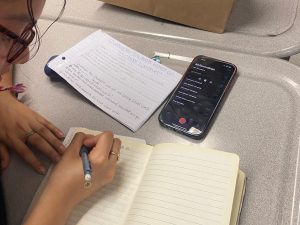
It is important to know how to speak to people and let them express their opinions whilst actively listening to them, especially as a journalist. Interviewing sources promotes a sense of community by understanding how those in school express themselves and are willing to contribute to articles. This skill goes hand in hand with searching for people to talk to in the first place, so writers can identify who can provide information regarding lesser-known issues.
Freshman Julia Der joined The 411 Press this year to express her passion for writing.
“I joined The 411 Press because of the idea of leaving behind my ideas and thoughts on subjects even after I graduate,” she said in an email.
Students, including myself, think BCCHS is big on community, and Der felt writing was a way she could do her part.
“Seemed like a great idea to contribute to BCCHS,” she said.
Der did say there was some fear involved in getting into this hobby, considering there were more experienced people who already knew each other within the writing staff. But things worked out.
“I wasn’t expecting everyone to be so friendly,” said Der. “I was intimidated by their experience and my lack of it.”
Having experienced people supporting her allowed her to let her knowledge of journalism increase. Over time, she began to enjoy the pastime a fair bit.
“Everyone was really friendly, they encouraged my ideas and improved my writing skills,” she said.
Back in April, The 411 Press attended a journalism conference held by Baruch College. Der was in attendance as the only freshman. She bonded with members of the club and learned a lot from the conference itself.
“I felt a certain connection between everyone and was proud to be a part of this amazing group,” she said.
Between socializing, learning and giving back to her community, Der is going to get a lot out of the program.
So why are there not more journalism programs in NYC?
The reason for a lack of journalism programs throughout the city is not a matter of cost, but a matter of access and availability. Journalism, like many fields, requires dedication and strong leadership. People cannot be bought. There is an element of chance to having driven individuals suited for leadership positions.
Downes-Angus gave a sneak peek into how to start a school paper and said having a website is good because it’s inexpensive and kids can post frequently.
Circumstantially, however, it can be difficult to garner the needed support to start a student journalism program. Not every school has the support of administrators, students and teachers.
The more informed students and staff become, the more likely they will be able to see the value a newspaper can bring to their school.
Senior Isabella Dudley-Flores is the Editor-In-Chief of The 411 Press talked about starting a newspaper and keeping it going.
“One piece of advice is to do your research beforehand to find different things to make your curriculum,” she said.
Dudley-Flores also advises papers to take fundamentals seriously as these skills ensure kickstarter papers can be trusted.
“Having a proper curriculum makes sure there is no confusion because there is a set guideline,” she said.
When there is an established expectation from a newspaper, readers hopefully see that those behind the scenes know what they are doing. AP style, for example, is a great way to make sure people know these writers mean business.
Journalism programs allow writers to be made and voices to be heard–ultimately unifying the schools where they exist. Hopefully, our city figures out how to get these programs in more schools.


